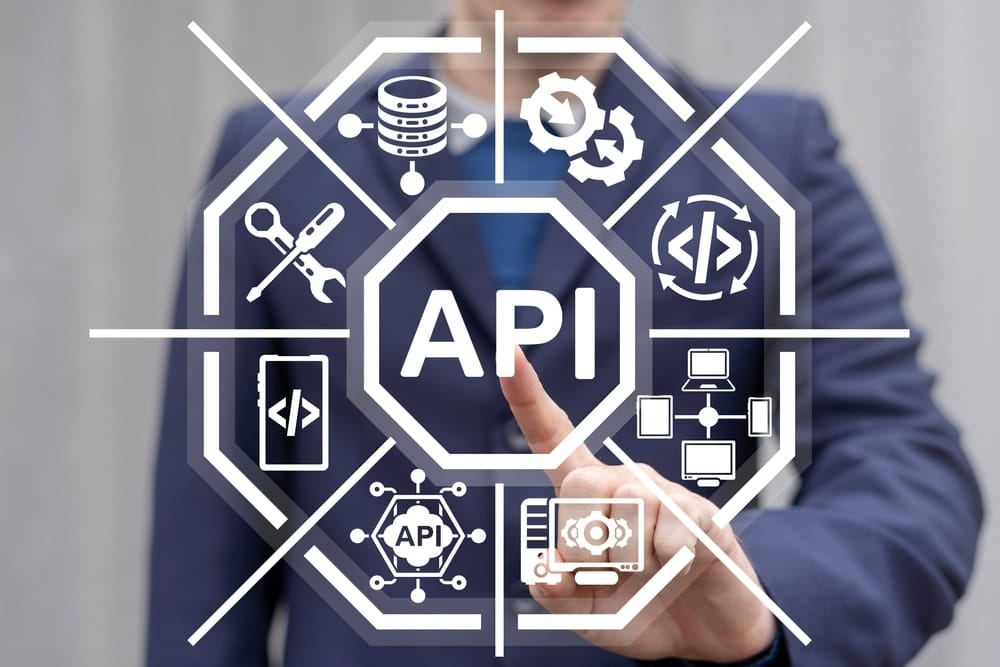How APIs Can Empower Agencies to Modernize in Place

Modernization is crucial for government agencies to achieve their strategic goals. From the cloud to artificial intelligence and machine learning, agencies can leverage an array of emerging technologies to increase their cyber and operational resilience. Agencies can also empower a distributed workforce and deliver digital services. However, effectively implementing these technologies requires agencies to develop a comprehensive legacy modernization strategy.
Legacy Application Modernization & The Legacy IT Reduction Act of 2022
At the federal level, recently proposed legislation may help agencies accelerate modernization. The Legacy IT Reduction Act of 2022, , which was introduced in the Senate in March, aims to reduce federal agencies’ technical debt. It would also require agencies to create an inventory of legacy systems within their organization. Additionally, it would develop legacy application modernization plans to update or replace these systems. This proposed bill, along with the technology business management (TBM), FITARA, and DODAF frameworks and mandates, is the latest to address legacy IT.
Along with the technology business management (TBM), FITARA and DODAF frameworks and mandates, this proposed bill is the latest federal action that seeks to address legacy IT. Taken together, the message is resoundingly clear: government needs to become future-ready. But now, the open question for agencies is how exactly to get from point A to point B. Every agency’s modernization path will be different, but one technology, in particular, may make this journey a little easier — application programming interfaces, or APIs.
How APIs Drive Government IT Transformation
APIs enable agencies to move away from monolithic legacy systems and a big-bang approach to development and instead modernize incrementally. They do this with much less risk.
An API gateway seamlessly and securely connects data between disparate systems and databases. This enables organizations to put data to work in new applications and for new business needs. API management tools have traditionally facilitated one-to-one connections between an agency’s legacy system and a new front-end system. However, modern API systems drive one-to-many connections.
These technologies essentially help in the following ways:
- Legacy system modernization that will boost the agency’s future growth, connectivity, and operational efficiency
- The digital government will receive data quickly.
- The government API platform will free your data for on-demand access, which is done by siloed systems, clouds, applications, and devices.
- An API integration platform supports API connectivity for low-code, no-code applications, allowing internal and citizens’ government system integrators to securely access the same data sets for their own purposes.
- Connect IT without coding to improve collaboration, provide faster service for citizens, and maintain safe communities.
- Government digital transformation will significantly eliminate costs.
APIs have traditionally facilitated one-to-one connections between an agency’s legacy system and new front-end system, but modern APIs drive one-to-many connections. These technologies essentially serve as a bridge between government legacy systems and a multitude of new digital systems, allowing agencies to modernize in place. APIs have a range of applications in the public sector, from powering self-service portals and supporting open data initiatives that promote government transparency to feeding data into IoT-enabled devices that serve as the backbone of smart cities.
An API-first architecture can help governments carve their own modernization path. But as they consider API-led modernization, agencies also must be mindful of API lifecycle management — otherwise they risk introducing a whole new set of challenges into their IT environment. To reap the full benefits of APIs, agencies must take a unified approach to deploying and managing APIs. This is where an API integration platform is invaluable.
The Advantages of an API Integration Platform

An API integration platform serves as a hub for API connectivity.
It enables government IT teams to manage what data APIs can access and share and with whom. This can be beneficial when agencies need to share data with third-party vendors to build new applications or when one department is collaborating with another department on a joint program and needs to share information.
An API integration platform also supports API connectivity for low-code, no-code applications, allowing internal and citizen developers to securely access the same data sets for their own purposes — whether it’s to create an internal data dashboard for agency decision-makers or for a citizen-created mobile app that alerts residents of traffic conditions in real-time.
In addition, an API integration platform supports automation tools that streamline manual tasks for government agencies. Today, moving data from one application to another is a very manual process for public sector employees. However, this platform makes sharing operational data from legacy systems with tools such as intelligent agents and virtual chat bots much easier — no hardware or intensive IT resources required.
For agencies considering API-led modernization, it’s best to start gradually. Use APIs for a few small test cases and once the technology proves out its value, agencies can apply APIs more strategically throughout their organization. Agencies also should consider working with a technology partner to implement their strategy and provide tools and capabilities for proper API governance.
With this incremental, API-centered approach — and the support and expertise of a trusted partner — agencies can modernize in place, transform their operations and evolve into digitally-enabled, future-ready organizations.
Conclusion
With these incremental government IT solutions and the support and expertise of a trusted partner, agencies can modernize in place. These government solutions also transform the operations and digitally-enabled evolvement of agencies.
For more information, contact a proven, trusted partner, Software AG Government Solutions, today. Headquartered in Herndon, Virginia, Software AG Government Solutions has been providing cutting-edge, technology-based solutions for several years now. They have been working with government agencies at every level and in the public sector. And as a result, they have gotten tons of rave reviews, awards, and recognitions. You won’t go wrong with them, so contact them today!
Want to keep up with all things Software AG Government Solutions?
Share your email address below.

View our upcoming events and on-demand webinars




